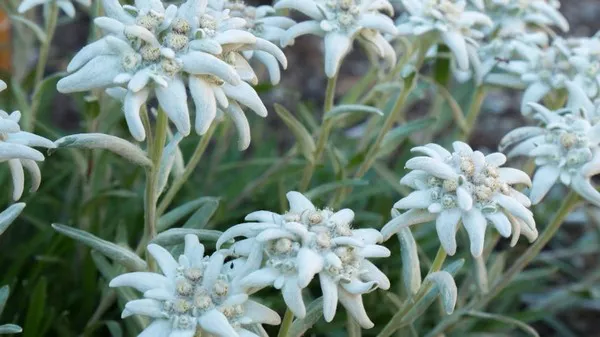KATHMANDU, NEPAL – In the heart of Nepal, Kreeti Modi’s passion for crafting pure flower and herbal teas has blossomed into a thriving venture, as her dream of becoming a certified herbalist began to take shape. Her journey, which commenced in 2019, has culminated in the creation of “Tea Amo,” a unique product that found its way to the market in December 2021, thanks to her collaboration with her cousin sister, Stuti Modi.
With a modest start, Kreeti and Stuti invested their savings of Rs500,000 into Tea Amo and received invaluable support from their family. What sets Tea Amo apart is its exclusive feature – it contains no caffeine, comprising only flowers and herbs. In 2021, when the product was introduced, it represented a pioneering endeavor in Nepal as the first producer of decaffeinated tea and pure flower tea.
Although the demand for pure flower and herbal teas was limited at the outset, their popularity has witnessed a remarkable surge. Kreeti Modi proudly shared that “our monthly sales are growing by 20 percent.”
Tea Amo’s flower tea is meticulously crafted from locally grown hibiscus, chamomile, jasmine, lemon, and grass. These pure flower teas are skillfully blended with an assortment of spices, including ginger, turmeric, and more. One of their creations, “Easy Peasy Lemon Squeezy,” is a herbal blend featuring lemon, orange, kumquat, pineapple, green tea, rose petal, and chrysanthemum, with a 100-gram jar priced at Rs850.
The herbal tea selection includes neem, nettle, and pure peppermint. Kreeti Modi emphasized the homemade nature of Tea Amo, stating, “We use 80 percent locally produced flowers and herbs available in the country to make the tea. Lavender, butterfly pea flower, and rosebud are imported from India.” The import of lavender is due to its limited local production in Nepal.
Despite attempts to cultivate lavender and butterfly pea flowers in collaboration with farmers in Lubhu, Lalitpur, from whom they source their flowers, success proved elusive.
Demand for hibiscus and chamomile teas outweighs that for other varieties. The price of pure chamomile loose flowers stands at Rs400 per 30-gram jar, while hibiscus loose flowers are available at Rs650 per 40-gram jar.
Tea Amo’s product range offers pricing ranging from Rs90 to a maximum of Rs750, depending on quantity and variety. With three full-time employees and outsourced packaging and logistical tasks, Tea Amo products can be found at Curio Concept Store in Durbarmarg, Herveda in Jhamsikhel, and also on Daraz online.
Kreeti Modi noted, “We have a niche customer base, especially those who have an interest in flower and herbal teas.” Their popularity is expanding beyond the Kathmandu Valley, with demand emerging from regions like Pokhara, Chitwan, Bharatpur, and other parts of the country.
Tea Amo’s current offerings encompass two varieties, flower and herbal or leaf tea. They also provide Ayurvedic teas known for their potential benefits in managing various health symptoms.
Kreeti Modi clarified, “These teas are for symptom management in addition to a balanced lifestyle, which includes a healthy diet and exercise.” As a testament to their commitment, Tea Amo uses its Instagram page, @betterbrew.nepal, to educate customers about herbs and Ayurveda.
In a recent development, Tea Amo has collaborated with Conscious Impact, a non-governmental organization, to provide specific flower and herbal seeds to farmers in Sindhupalchok. Kreeti Modi shared, “We are producing pink butterfly PT and lavender flowers by providing seeds to the farmers of Sindhupalchok,” adding that the flower seeds are imported from India.
As Tea Amo continues to thrive and educate, it exemplifies a dedication to preserving traditional and herbal knowledge while introducing a taste of Nepal’s natural beauty to the world.


